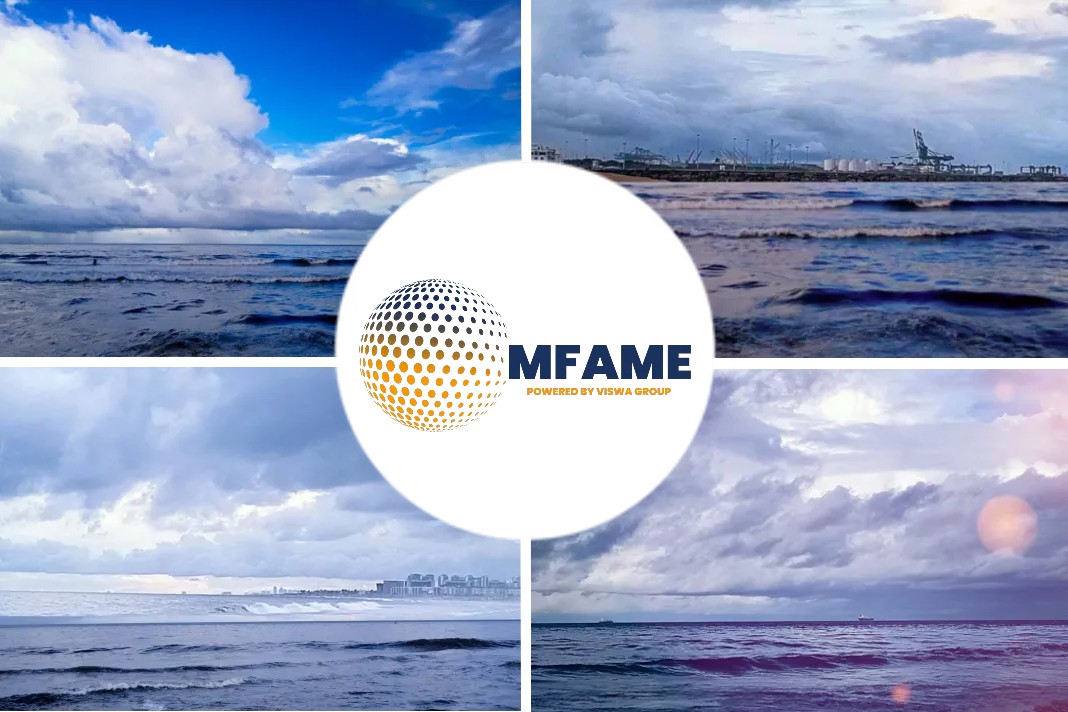
DNV has published a study co-sponsored by the Singapore Maritime Foundation (SMF), examining the key drivers transforming the maritime industry and their impact on ship management and seafarers. The study was handed over to SMF Chairman Mr. Hor Weng Yew during the Nor-Shipping trade fair in Oslo.
Comprehensive Methodology
The research draws on a comprehensive methodology combining a literature review, expert consultations, and a survey of over 500 seafarers responsible for operating dry bulk, tanker, and container vessels globally. Of the many forces shaping the future of maritime, decarbonization and digitalization were identified to have the most profound impact on the future of seafarers and ship management leading up to 2030. Eighty-one percent of seafarers surveyed indicated that they require either partial or complete training to effectively work with the advanced technology that will be present onboard future ships. Similarly, over 75 percent of the respondents expressed a requirement for partial or complete training on new fuel types such as liquefied natural gas (LNG), batteries or synthetic fuels.
As shipowners and operators are increasingly deploying modern technologies onboard and exploring the use of alternative fuels in a bid to stay compliant, the handling of incoming fuels and technologies will require the crew to have additional skill sets and thus the need for comprehensive training. Launching the study, Cristina Saenz de Santa Maria, Regional Manager South East Asia, Pacific & India at DNV Maritime, said, “With decarbonization and digitalization rapidly transforming the maritime landscape, it is essential that shipowners and managers understand the new challenges and opportunities that these forces present. Proper training and industry collaboration will be imperative to ensure seafarers are equipped with the competence and skills to operate ships using new fuels and technologies in a safe and efficient manner…”
Net Zero Target
Chairman of SMF, Mr. Hor Weng Yew, said, “The work that we do this decade is important and complements the efforts of the shipping community to meet the net-zero target in 2050. It is essential that we begin by understanding where the competency gaps are, areas of training most needed, and then work as an industry to equip sea-going professionals with the transition and future skills needed to safely and effectively operate the new-fuelled types of ships that are coming into service.”
Following the research results, the study recommends seafarer training to be prioritized for fuels that are most likely to be predominant in the current decade, capitalizing on the ease of accessibility and range of modern training methods to improve skill deficits.
Did you subscribe to our newsletter?
It’s free! Click here to subscribe!
Source: Ajot





















